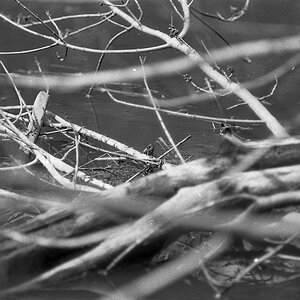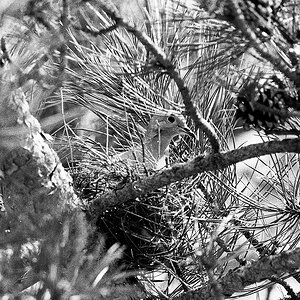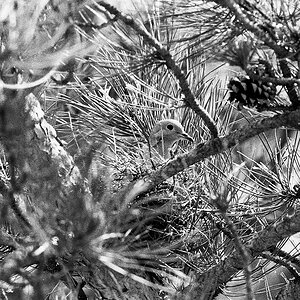DocFrankenstein
Clinically Insane?
- Joined
- Apr 29, 2004
- Messages
- 1,646
- Reaction score
- 6
In that case, you might say that the eye + brain have no DOF at all, which I agree with.
BUT: when you're looking at the print the DOF matters imo, and that's where the DOF of the eye should match the dof of the eye...
I'm curious. Why would anybody want to approximate the human eye? What do u think that will accomplish?
BUT: when you're looking at the print the DOF matters imo, and that's where the DOF of the eye should match the dof of the eye...
I'm curious. Why would anybody want to approximate the human eye? What do u think that will accomplish?



![[No title]](/data/xfmg/thumbnail/41/41755-a922f39cc29ff8f6e66a197508bf99f3.jpg?1619739881)




![[No title]](/data/xfmg/thumbnail/34/34056-de7cd932b4cd702c2f77e0f5c9ec1aa2.jpg?1619736256)




![[No title]](/data/xfmg/thumbnail/34/34055-9c9c587b8094b98e1010fe73cead6994.jpg?1619736255)